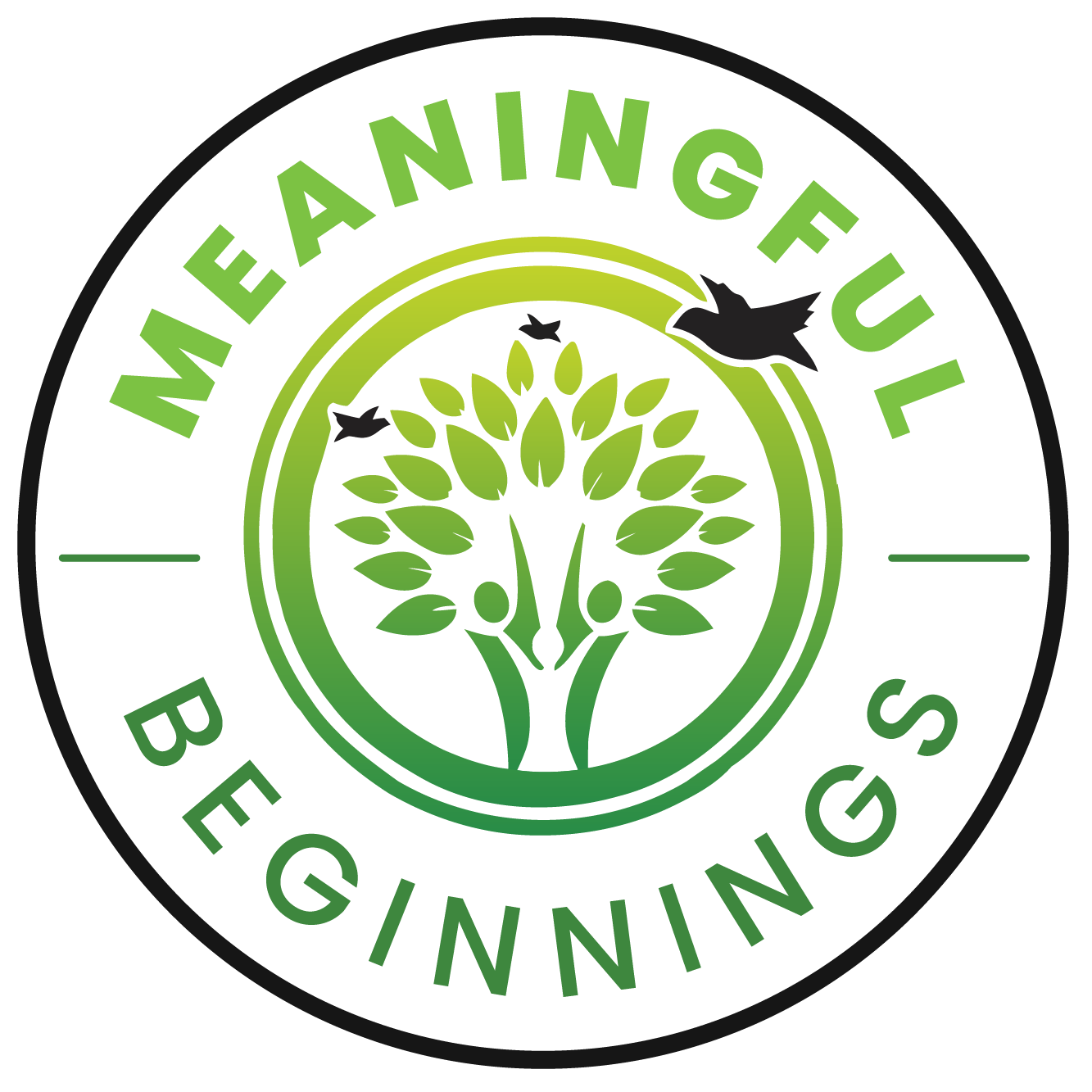The bond between a parent and child is exceptional and delicate. As a parent, you know how careful you have to be from the moment your child is born. You enjoy the journey, so as your kid, that brings joy and growth to both of you.
The way you bond with your child early on has a significant impact on their future development. A positive and loving bond sets the foundation for them to become happy and independent adults. Strong and secure relationships also help us build resilience and bounce back from challenges.
To strengthen the parent-child bond, it’s helpful to engage in activities together, such as spending quality time, sharing meals, and having open conversations. These small habits can make a significant impact in creating a strong connection.
Here are more habits you can possess.
1. Eating Together
Eating meals together as a family is a great way to strengthen your bond with your child. Many parents overlook this simple yet effective way of connecting with their kids. It also exposes your child to different foods. You won’t want your kid to be a picky eater, right?
Make the most of this time by engaging in meaningful conversations and enjoying each other’s company. By making it a regular habit, children can learn to appreciate the importance of family and the role of parents in their lives.
If you work outside, apply some strategies for managing time and responsibilities to get some free time so you can eat together. Even if it is for a couple of days.
Remember to keep distractions like phones and other devices away during meal times. Not only will this strengthen your family bond, but it will also contribute to your child’s mental, emotional, and social development, leading to better behavior and even improved academic performance.
2. Talking About Your Day
Make sure to chat with your child daily about your day. Bedtime is a perfect opportunity to open up and discuss what you’ve been up to. Tell them how much you missed them and why they are so important to you. Give them warm hugs which is important for their development.
By sharing your experiences, you build trust and show them they can confide in you.
In return, they’ll feel more comfortable sharing their own experiences with you. Ultimately, this friendship with your child will make both of you trust each other.
3. Playing Together

Have you ever noticed that when you play with your kids, they seem more joyful? Children absolutely adore playing, and when parents join in, it makes them even happier. Play is also important for their proper development.
Take this opportunity to bond with your little one. Have a blast playing games together, whether indoors or outdoors. Or head to the park for some fun. If you want to teach your child something, try incorporating educational games.
Even if you can’t play every day, try to set aside time a few days a week. This way, you’ll be able to make more precious memories with your little munchkin.
4. Being Respectful And Expecting The Same
As parents, you have to be more patient and always respectful of your children. Research shows that scolding or punishing children is not effective. Rather, it can damage the bond between you and make the toddler more aggressive.
Just remember your kids are bound to make mistakes. You can make them understand calmly. The more you are respectful to your kid, they will do the same. They always learn from you and as a guardian, it is your core responsibility to behave well always.
Start disciplining your kid from home. Manners are not something that is for outside of the home only. Everyone should be respectful toward family members too.
5. Letting The Kids Help
Kids feel more delighted when they can help. They feel like they have grown up and show more interest in helping. By letting your kid help, you can create a bonding moment.
Give them tasks and responsibilities. It will enhance their self-assurance and give them a sense of worth. This will bring both of you closer. You can help if they face any problems doing the task.
Make sure to acknowledge their efforts and express your gratitude for their assistance. Show appreciation for their help to validate their contributions and show them that their efforts are valued and important.
By nurturing their natural inclination to help others, you are shaping them into individuals who are not only capable and responsible but also empathetic and kind-hearted.
6. Pray Together
Share moments of prayer as a family. This will create a sense of unity, spirituality, and shared values in your child.
You can say grace before meals, recite bedtime prayers, or attend religious services together. These practices with your children give a better opportunity for parents and children to connect in a deeper relationship. Cultivate a sense of reverence and faith.
Also, acknowledge the good in life. This will bring your family closer and give you comfort during tough times.
Why Are Parent-Child Relationships Important?
The bond between parent and child is crucial for the child’s growth in physical, emotional, and social aspects. This connection shapes the child’s character, decisions, and career. Kids who have a strong and positive bond with their parents are more likely to form fulfilling relationships with others as they grow. When a child feel secure with a parent, they are better equipped to handle their emotions during tough times too.
Moreover, parent-child bonding is necessary because,
- Supports the child’s cognitive, verbal, and emotional growth.
- Assists the youngster in developing positive and confident behaviors.
- Lays the groundwork for improved social and academic abilities.
- A solid relationship with one’s parents also helps children develop excellent problem-solving skills.
- They can form stable relationships and friendships with their peers.
- Children who have a secure and positive bond with their parents develop crucial skills and values that set them up for future success.
Why Are Parent-Child Relationships Challenging?
Parent-child relationships can be challenging, but understanding why can help us manage these complications.
- Children experiencing developmental issues are prone to behavioral challenges, which can add to the stress of parenting.
- Parents having mental issues also impact the bonding.
- New parents who lack parenting knowledge may face problems bonding with their kids.
- Financial problems in families are also a challenging factor for good parent-child relationships.
- Modern changes, such as prolonged parenthood, greater educational attainment, and lower birth rates, have an influence on parent-child relationships.
- Work responsibilities or the lack of extended family support can put a strain on the parent-child bond.
- It can be tough for single parents to maintain discipline and offer the needed emotional backing, which may cause conflicts and a sense of being alone for both parent and child.
- Most often, parents treat their teenagers or adult kids like toddlers. However, you need to understand the specific needs of your child based on their age. When toddlers need more time, teenagers want their own space. Not balancing this boundary causes damage to the parent-child relationship.
Conclusion
The parent-child relationship is a unique bond compared to any other relationship. A strong bond impacts the whole life of both the parent and the child. To be a better person and have a good relationship with family, parents need to possess some good habits from the very beginning.
Talking to kids, sharing thoughts, playing, and eating together are some of the best habits. You can better know your child and they also can trust you more. By that time you will be able to enjoy your parenthood. And your child will have the best childhood.








